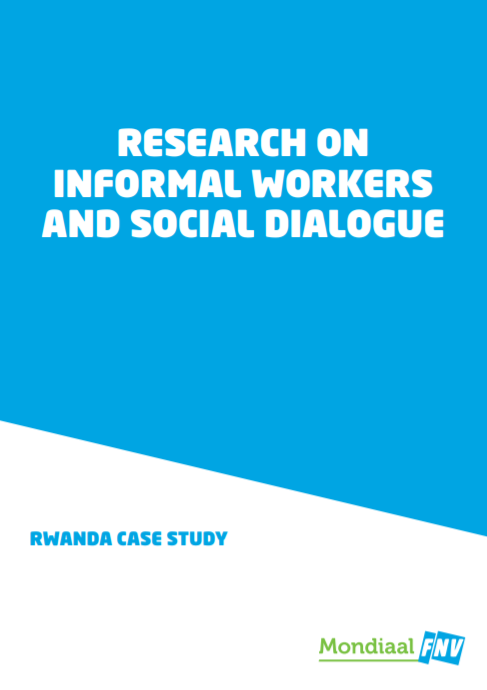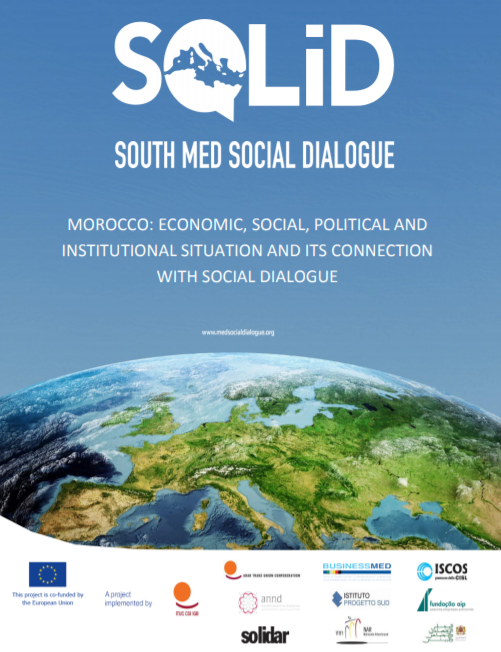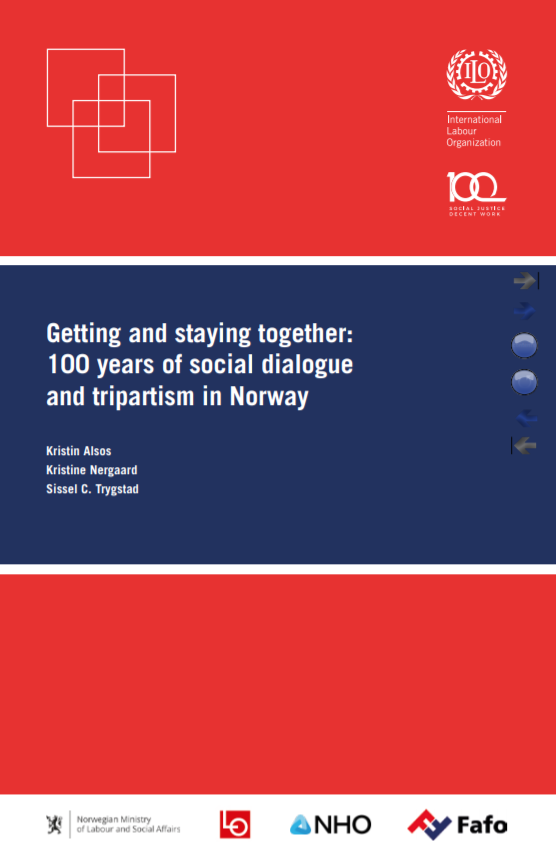What is Collective Bargaining?
Closely linked to this is the right to Collective Bargaining (CB), which allows workers to freely negotiate their working conditions with their employers. These rights apply to all workers, regardless of their race, religion, gender, occupation, nationality, or political opinion.
CB is the process of all negotiations between an employer or an employers’ organization and one or more trade unions with the aim of developing a Collective Bargaining Agreement (CBA). CBAs outline work conditions at factory/workplace, regional, national, or sectoral level. These are written, legally binding contracts requiring employer and company compliance.







